Pietro Bianchi
The Unconscious is Politics: A Political Reading of Lacan’s Seminar XIV
In the session of 10 May 1967 of Seminar XIV The Logic of Fantasy (published in France in 2023) Lacan claims: “When people will come back to a sound perception of what Freud discovered for us, it will be said - I am not even saying politics is the unconscious - but, quite simply, the unconscious is politics. I mean that what binds human beings together, or what opposes them, is precisely to be justified by that fantasy whose logic we are trying for the moment to articulate.”
Thus not so much that politics is driven by unconscious, libidinal or pre-rational motivations (as the Freudo-Marxist tradition had put it), but that the unconscious itself addresses structurally a trans-individual register where the imaginary and the symbolic and the act of covering the Real are mediated and organized together in a space that is at once collective and individual (or in a gray zone that lies between them). During the lectures of Seminar XIV Lacan tries to elaborate a logic where the Real of castration – that is, what is unbearable to encounter for the subject, but against which they never cease to stumble – is symbolized and morphed into something positive: where, to put it in Lacanian algebra, the -φ of castration is morphed into the Φ of the phallic economy.
Seminair XIV represents a fundamental turning point in Lacan’s teaching: there we catch a glimpse of a use of object petit a (elaborated only few years earlier) in the register of politics and transindividuality, but prior to its systematization in the logic of the four discourses. If Marxism taught us that the real of politics is class struggle, and if Italian workerism and autonomia then made us understand that this real is nothing but an act of pure negativity, how is it possible then to transform this purely negative, subtractive or destituing dimension of politics, into an act of constitution and positivity in the sphere of political practice? How is it possible to make castration a constituent process?
—
Pietro Bianchi is Assistant Professor of English at the University of Florida. His research sits at the crossroad of three different disciplines and theoretical traditions: Marxism, Lacanian Psychoanalysis and the study of cinema as an ideological formation. His first monograph is titled Jacques Lacan and Cinema. Imaginary, Gaze, Formalisation (Routledge, 2017) and is an overview of the Lacanian theorization of the visual field. He wrote articles on Psychoanalytic Theory, Critical Theory, Aesthetics, Film History and Theatre Studies. He also collaborates as a film critic to several Film Studies journals and media outlets.
His current book project tentatively titled “Eisenstein Occupies Wall Street” is a reflection on the contemporary modes of appearance of the capitalist economy and on the different strategies of its visual representation.

